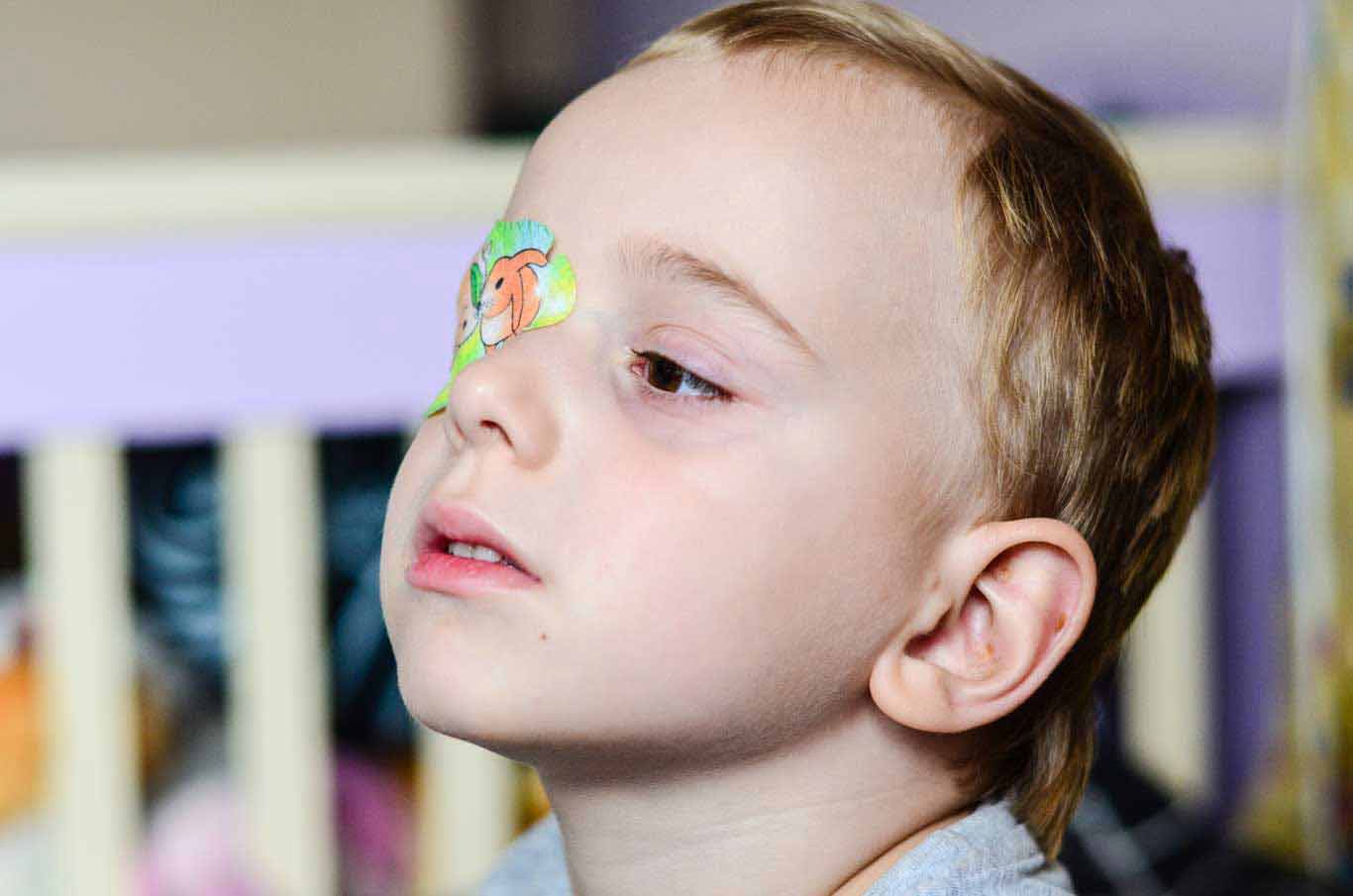
How to Fix a Lazy Eye Amblyopia Treatment in Hartford CT Metro Area Correction w/ Vision
Written by Danielle Stoken Reviewed by Jovi Boparai, MD Share Three to five percent of children will experience amblyopia, also known as a "lazy" eye.¹ Not only does the condition lead to visual challenges, but it may become a source of embarrassment for young children, afraid of how they may look.
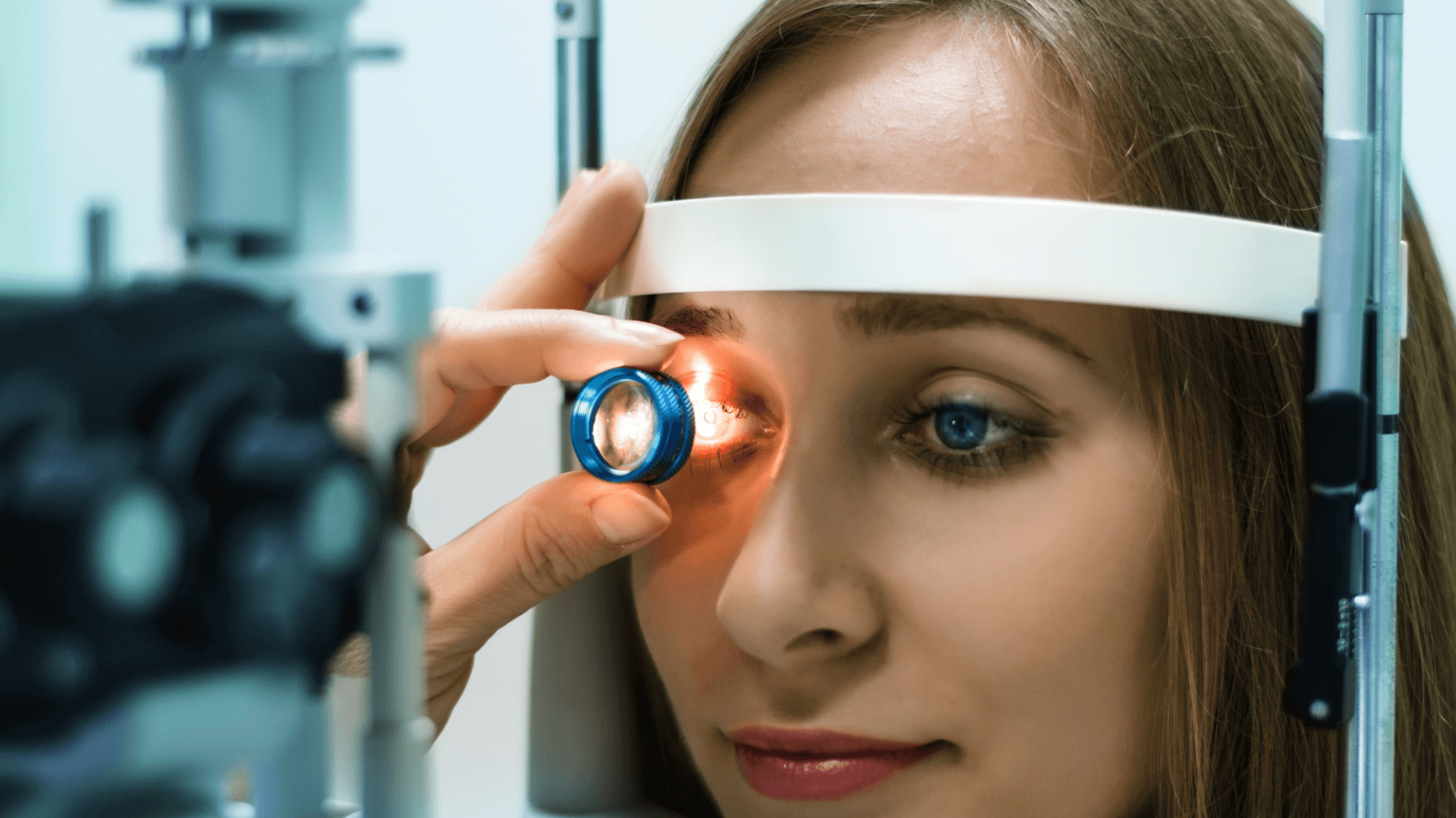&srotate=0)
I Have a Lazy Eye. Can LASIK Eye Surgery Help?
Amblyopia, also known as a lazy eye, is a common condition that usually manifests itself in children between the ages of 6 and 9. It affects approximately 2-4% of children under the age of 6 and happens when one eye's vision is weaker than the other.
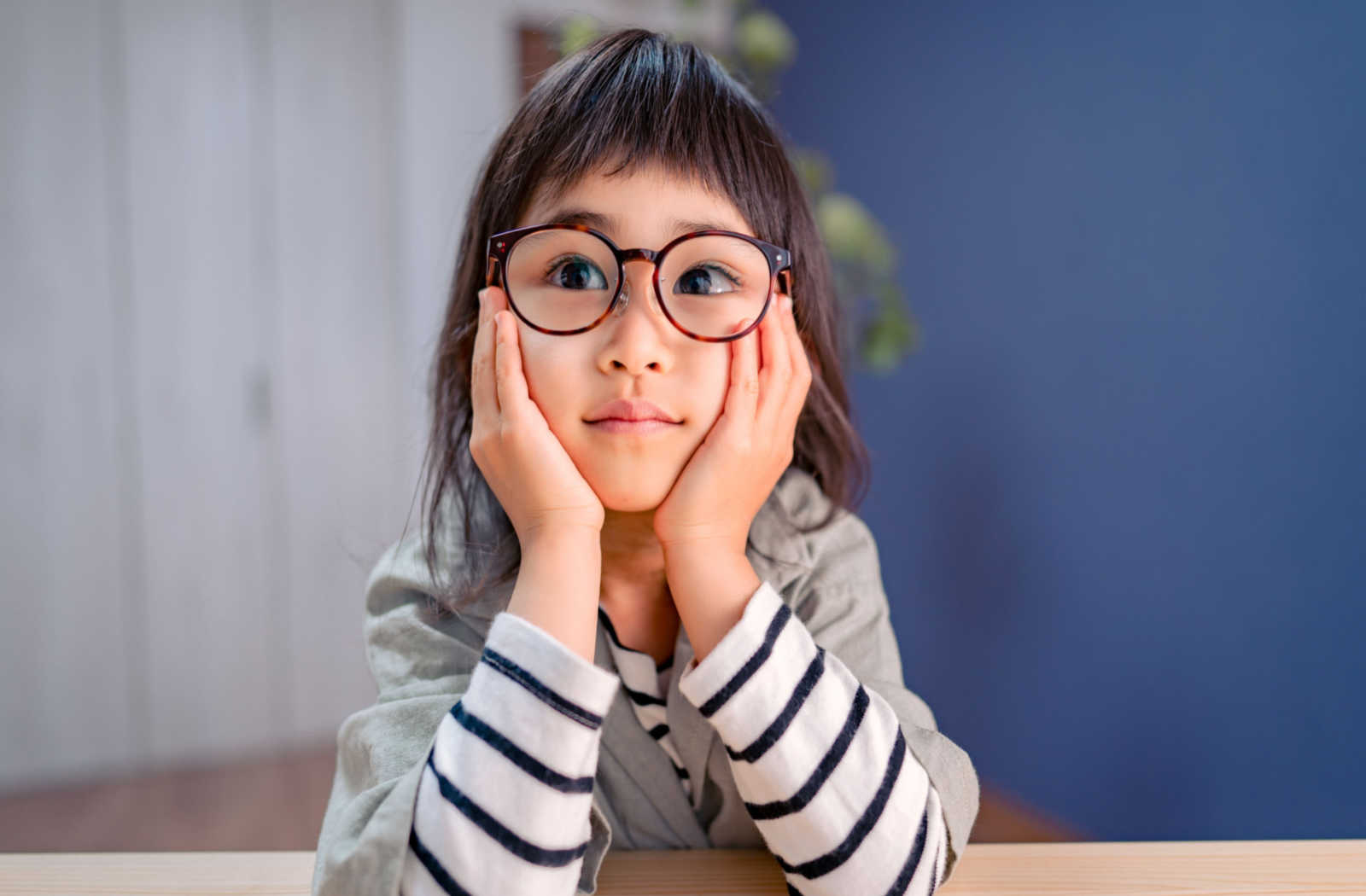
When Is It Too Late To Treat Lazy Eye? Abbotsford
Lazy eye treatment should begin as soon as possible, ideally before the age of 7. Although treating this condition before this age is usually more effective, it's never too late to treat lazy eye. The best thing you can do is to stay on top of your child's regular eye exams.

When Does It Impossible to Treat Lazy Eye? Medical Industry News
When Is It Too Late to Treat Lazy Eye? | Barrie, ON Posted on by Dr. Erin Haney Lazy eye, or amblyopia, is a common vision condition that often develops in childhood, where one eye has weaker vision than the other. Timely diagnosis with routine children's eye exams can help promote healthy vision development in children.
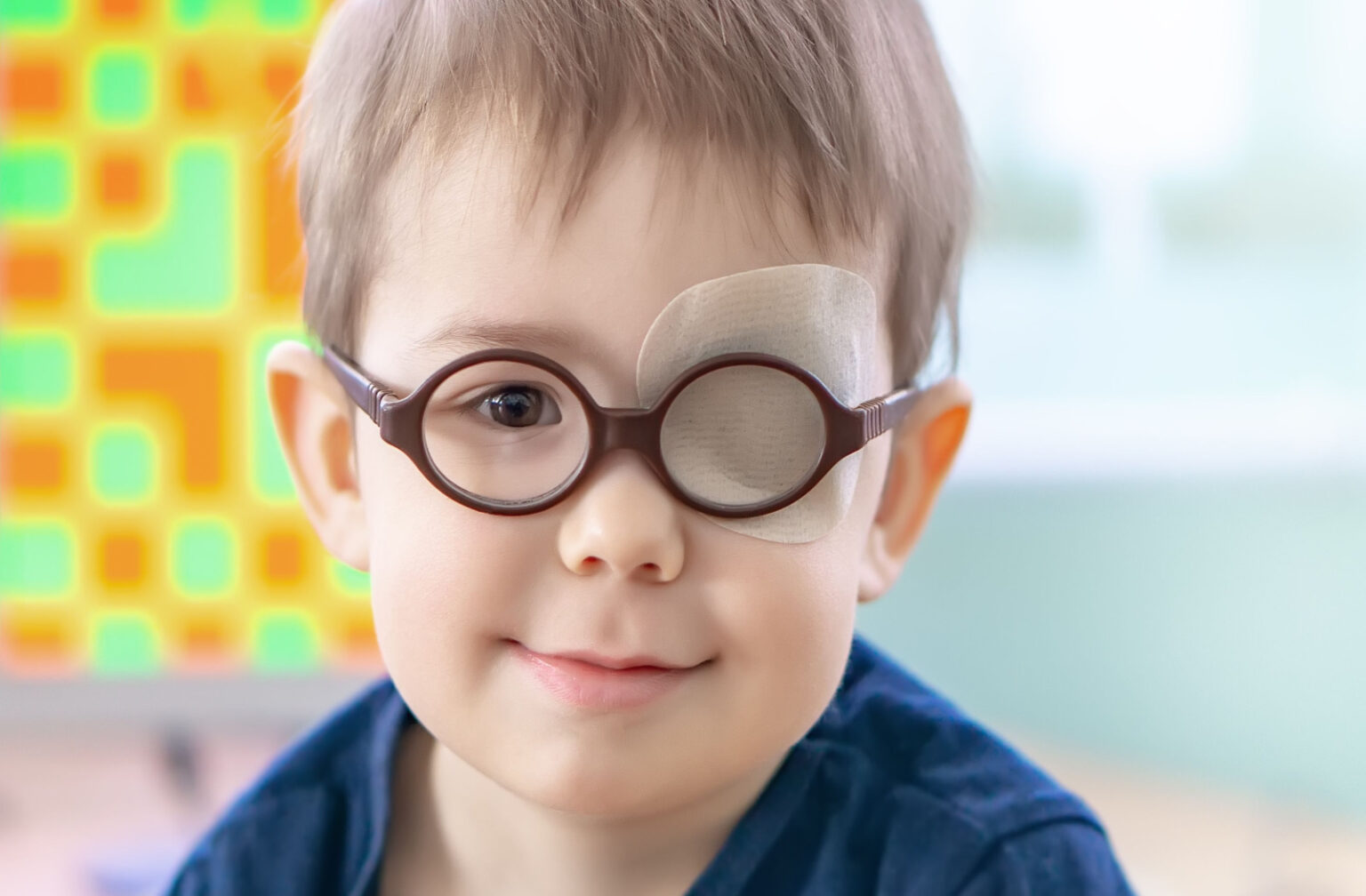
When Is It Too Late to Treat Lazy Eye North York
Dr. Russel Lazarus, May 10, 2020 Recent research from the National Eye Institute (NEI) shows that a lazy eye can be successfully treated at least up to age 17. Lazy eye can now be effectively treated in children, teenagers and even adults!
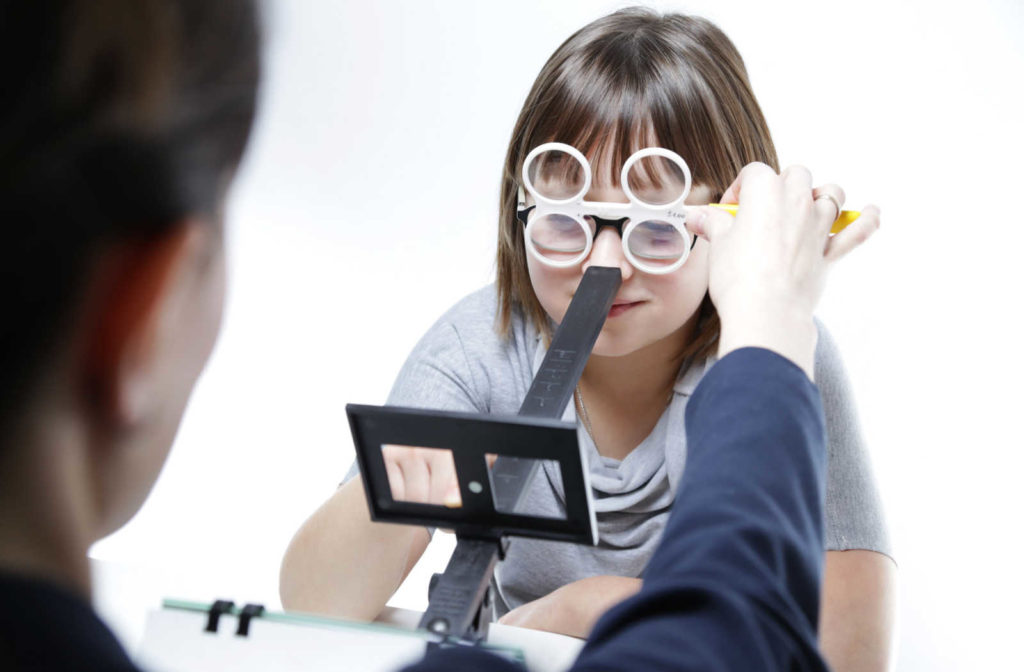
When Is It Too Late to Treat Lazy Eye? Moncton
Early treatment is more effective for lazy eye. In conclusion, early treatment of lazy eye is vital to success since it takes advantage of the brain's adaptability at a young age. Besides conventional therapies, even the latest treatment options are geared toward younger kids.

Lazy Eye (Amblyopia) Causes, Symptoms, Diagnosis, and Treatment
Diagnosis. Your doctor will conduct an eye exam, checking for eye health, a wandering eye, a difference in vision between the eyes or poor vision in both eyes. Eyedrops are generally used to dilate the eyes. The eyedrops cause blurred vision that lasts for several hours or a day. The method used to test vision depends on your child's age and.
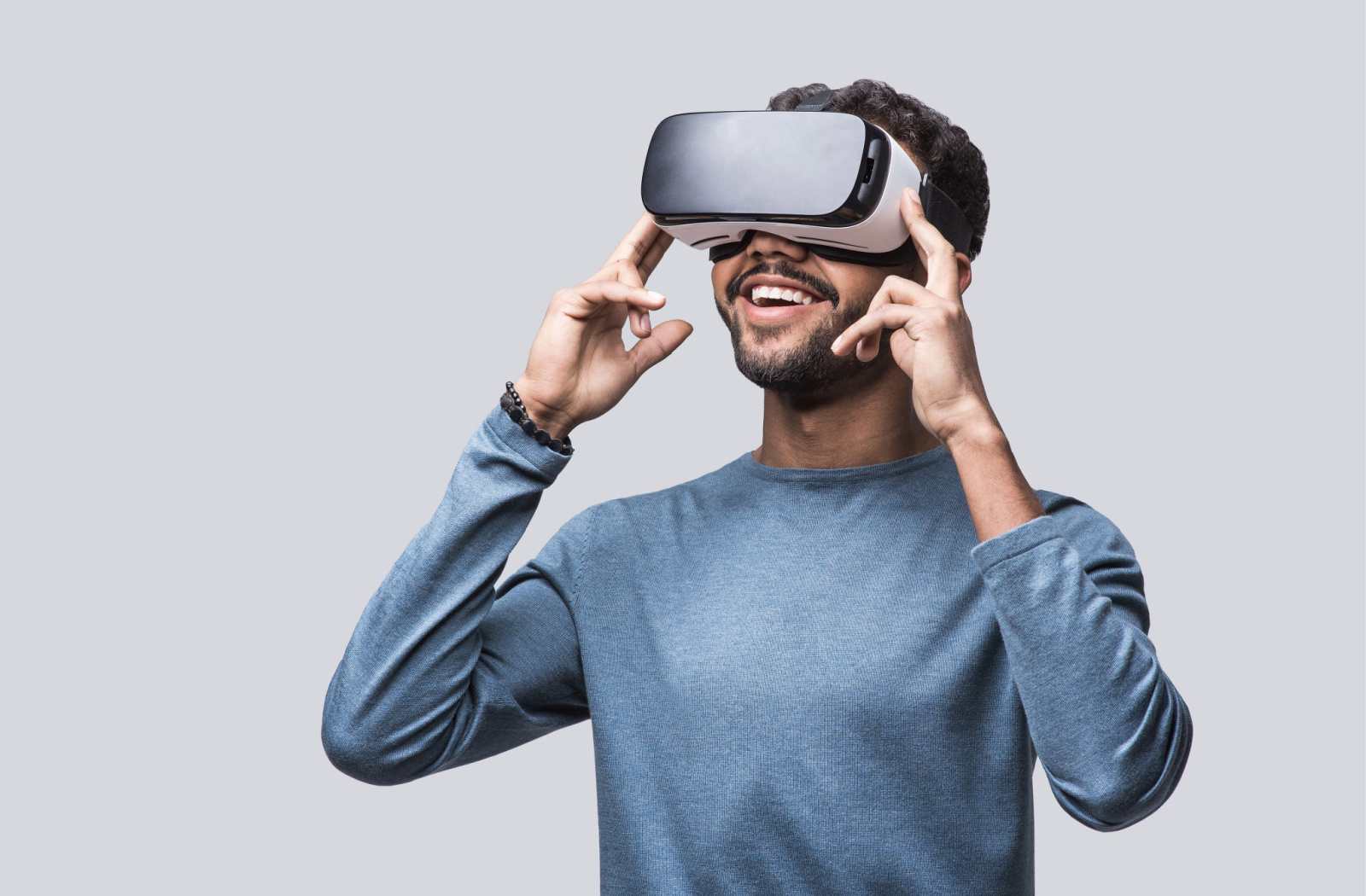
When Is It Too Late To Treat Lazy Eye The Eye Gallery
While it's recommended to treat the condition as soon as it's diagnosed, it's rarely considered "too late" to treat lazy eye. Even though the eyes and brain become less flexible with age, they can still benefit from treatment and vision therapy. However, the success of the treatment depends on a few factors, including:
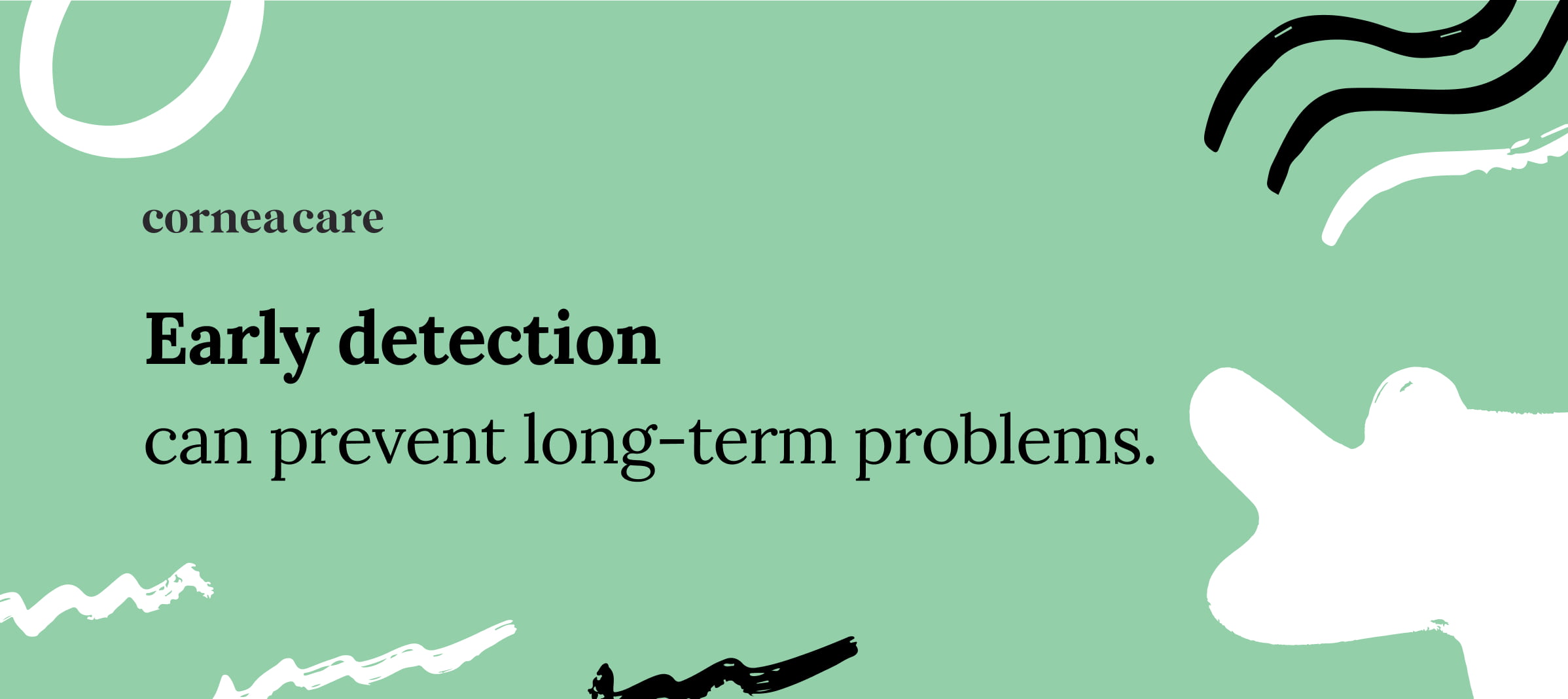
When is it Too Late to Treat a Lazy Eye? CorneaCare
What Is Too Late to Treat Lazy Eye? It's never too late to get treated for a lazy eye. There is a common misconception that lazy eyes are only treatable in children; however, this isn't necessarily true.

Best Lazy Eye Story & How I Fixed My Lazy Eye Naturally YouTube
A lazy eye is a common way to describe amblyopia, which occurs when one eye doesn't see as well as the other, even when wearing glasses. This condition typically happens when there's an obstacle to proper vision development in childhood, causing the brain to favour one eye over the other.
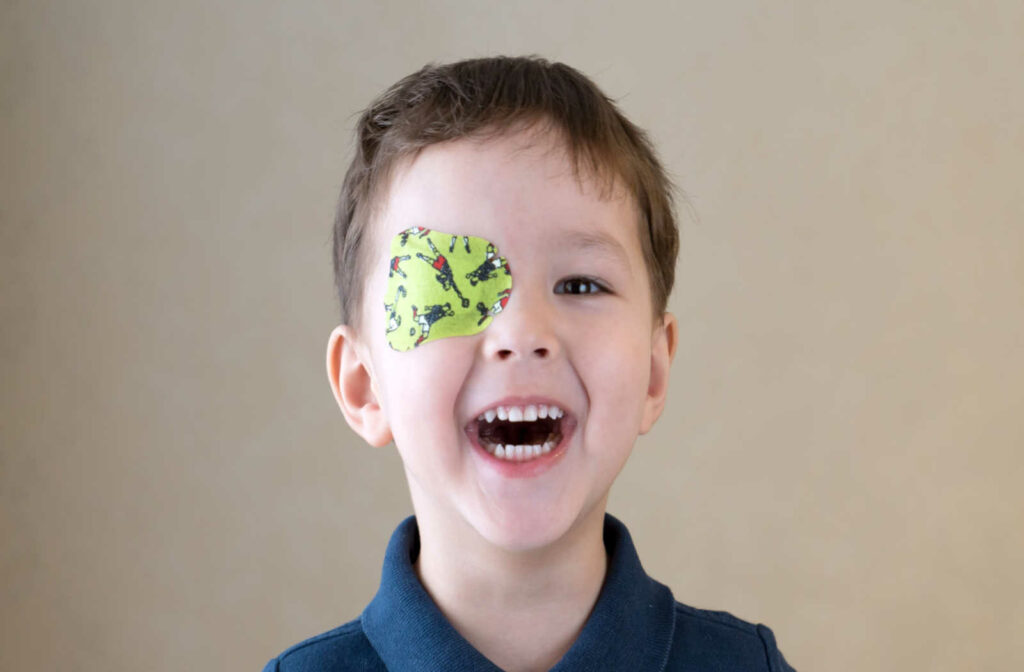
When Is It Too Late to Treat Lazy Eye? London, ON
Head tilting Can't judge how close or far something is (depth perception) Double vision Both eyes don't work together Can You Treat Lazy Eyes Later in Life? Lazy eye treatment was initially thought ineffective after the age limit of 9 or 10 years. Studies show that 53% of children aged 7 to 12 responded to treatment.

How can I fix my lazy eye at home? Mastery Wiki
And when is it too late to treat lazy eye? Lazy eye is easiest to treat in children younger than 6, although optometric vision therapy can help any age improve their vision. What Is Lazy Eye? Amblyopia is a vision development disorder that mainly occurs during early childhood. The condition occurs when the brain and the eyes don't work.
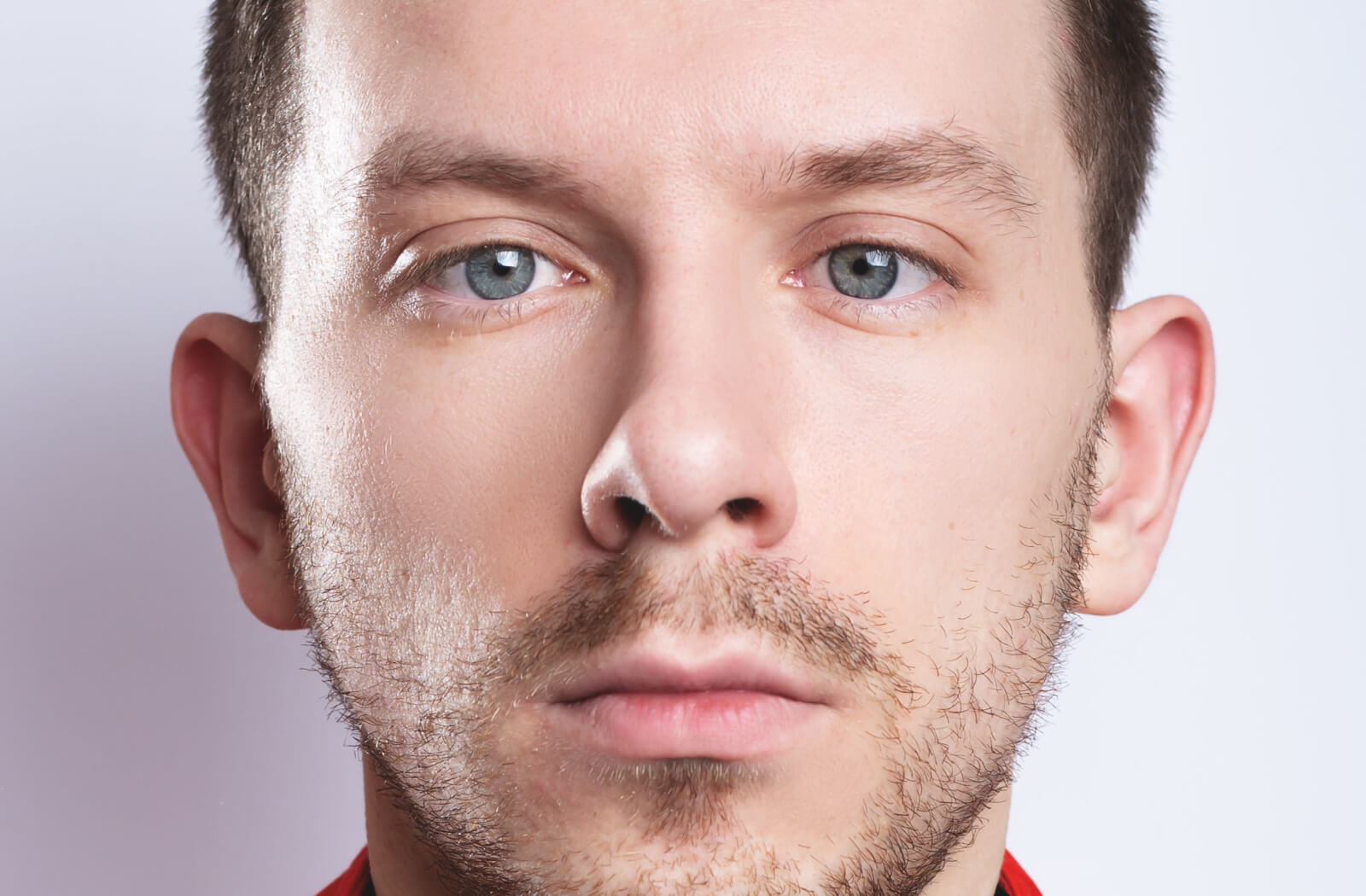
When Is It Too Late to Treat Lazy Eye? Chestermere
Treatment Diagnosis Vision Problems Daily Management If you or your child has a lazy eye ( amblyopia ), one eye is sending unclear images to the brain. while both eyes can be affected, usually amblyopia affects just one eye, with the brain relying on the stronger eye for visual information.

What is ‘Lazy’ Eye and How Can it be Treated? Valley Eyecare
Aug 3 Lazy eye, also known as amblyopia, is a common condition that affects the development of vision in one or both eyes. It occurs when the brain begins to favour one eye over the other,.
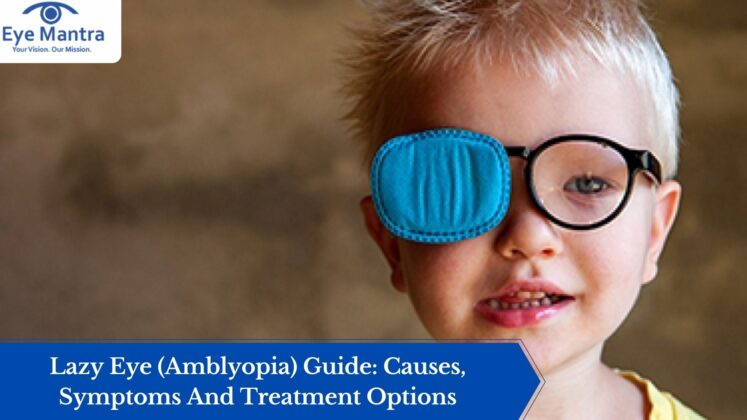
Lazy Eye (Amblyopia) Guide Causes, Symptoms And Treatment Options
Dr. Russel Lazarus, April 25, 2021 Lazy eye is estimated to affect up to 5% of all adults. For many decades, it has been thought that only children under the age of 10 could be successfully treated for amblyopia (lazy eye). In other words, lazy eye treatment was usually not provided to children older than nine.
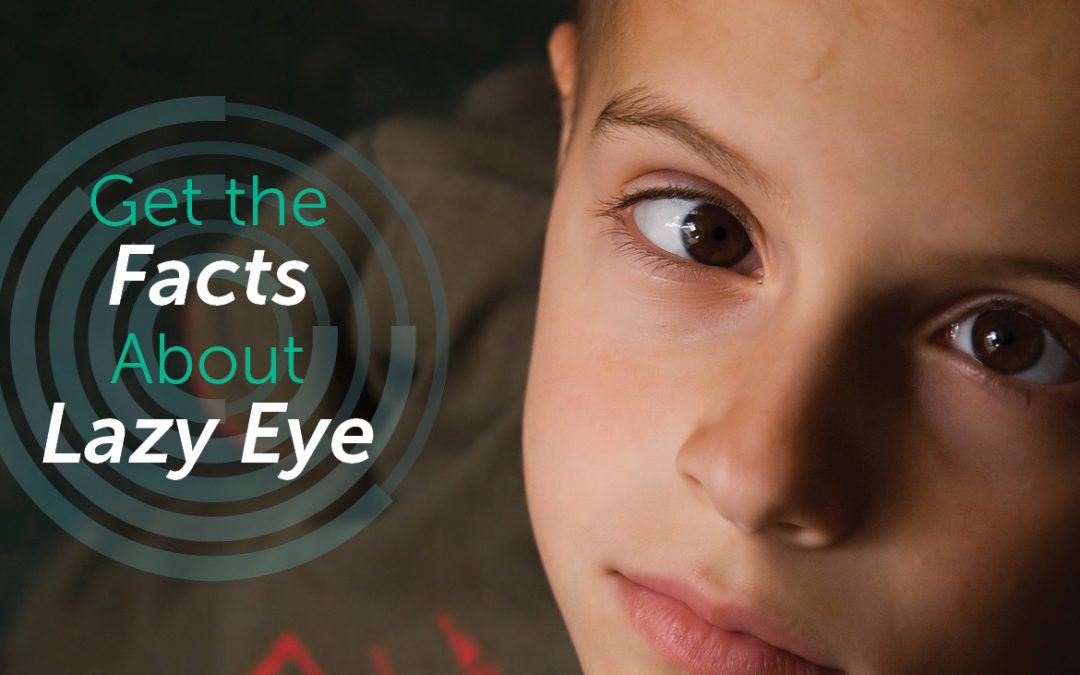
What causes lazy eye? Get the Facts About Lazy Eye
Treatment Isn't Just for Kids It's a common misconception that treatment for amblyopia, or lazy eye, is only effective until the age of 8. However, newer research shows that treatment options like vision therapy and advanced technologies are effective for people of all ages. It's Never Too Late